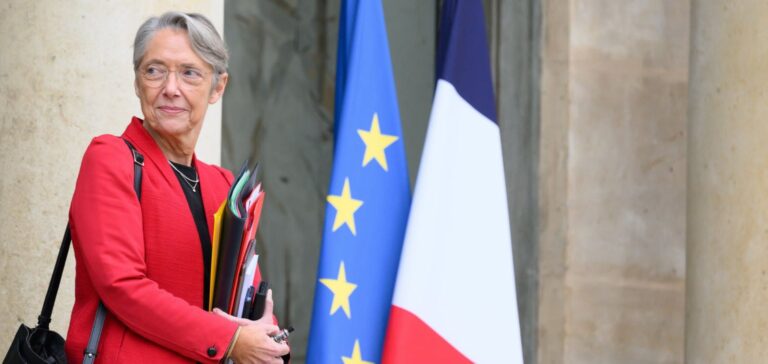The Ministry of Energy Transition launched seven working groups on Tuesday, bringing together elected officials, experts and professional federations, to work on the future energy strategy of France that the government will present in the fall. These seven groups will be responsible for making proposals to “update our country’s energy strategy” and prepare the energy and climate programming bill expected in the fall, according to the Ministry of Energy Transition.
Crucial year
The year 2023 will be crucial for France’s energy future, as the country must set out in law the share of each energy source – nuclear and renewable – in order to move away from fossil fuels and become carbon neutral by 2050. The groups, led by a tandem of parliamentarians and local elected officials, will each have about ten members and will focus on six themes: energy sobriety; energy efficiency; electricity production and electrical systems; heat production and other low-carbon energies; innovation; and energy transition in ultra-marine territories not connected to the metropolitan network.
A 7th group will be responsible for synthesizing the work. “What I want to do with this method is to put the country on the right track in the face of the climate crisis and the energy crisis,” said Minister Agnès Pannier-Runacher in front of the members of these groups, who started work on Tuesday. This includes “using all the levers of decarbonization”: “we do not oppose renewable energies to nuclear”, she stressed.
Four meetings in June and July
Four meetings will be held in June and July before the proposals are submitted to the Minister at the end of September. “This work should make it possible to make the link between the consultation (on the energy mix, conducted this winter with the French), the interdepartmental work that is necessarily technical, underway, and the work that you are each conducting in one capacity or another, “explained the minister to participants.
These workshops involving elected officials from the opposition and the majority, civil society actors and energy professionals are part of the ecological planning work that has been going on for several months under the aegis of Prime Minister Elisabeth Borne. The government presented on Monday its battle plan to reduce France’s greenhouse gas emissions, in all sectors, by 50% by 2030 compared to 1990 levels.





















